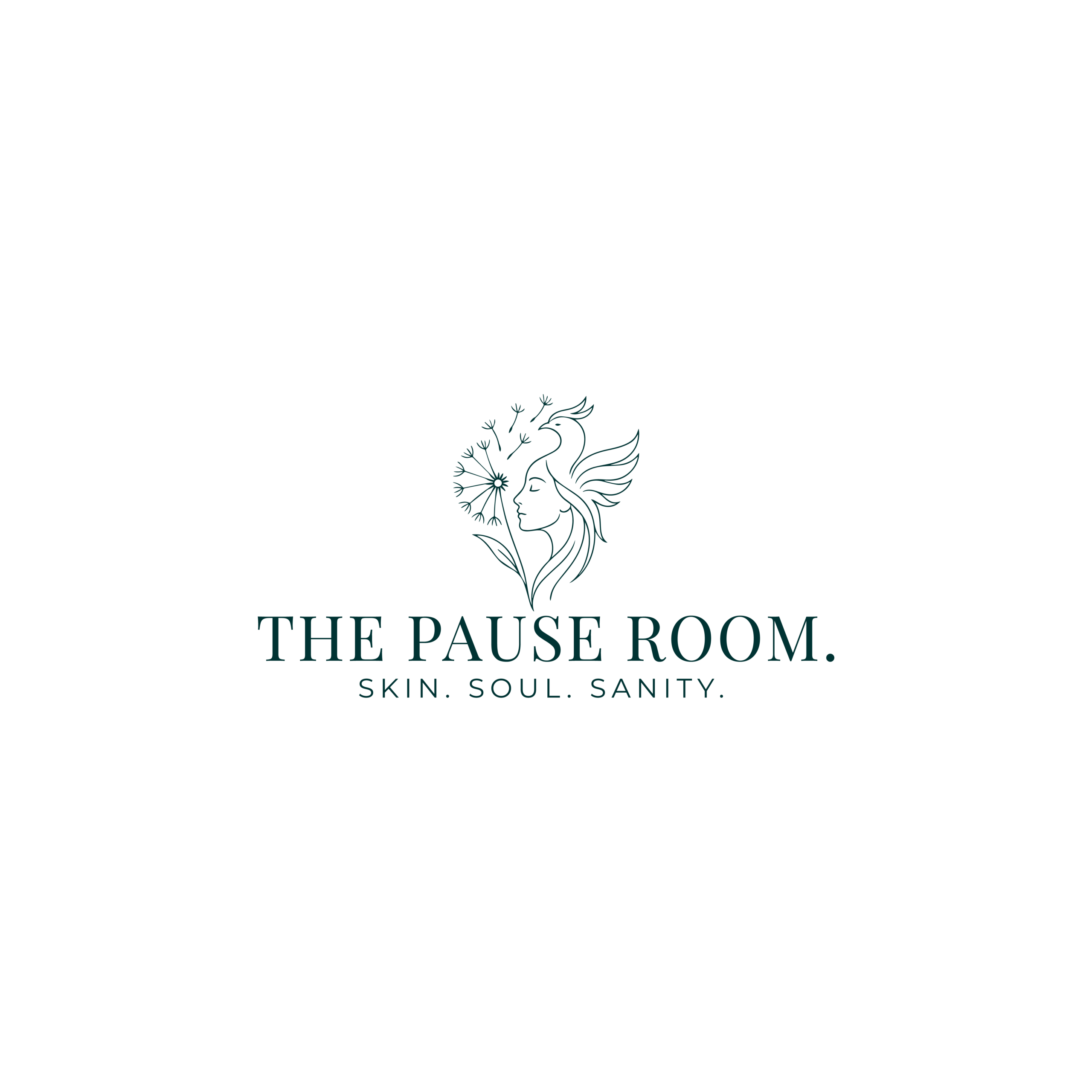I read an article recently where a menopause specialist said they wished people would stop calling it a menopause transition. In their view it isn’t one, it’s a depletion of hormones that creates havoc in the body and can trigger medical problems. And they’re right, it does. The symptoms are brutal. They derail sleep, moods, skin, joints, memory. Hormone replacement therapy can absolutely be a lifeline.
But for me, and for so many women I speak to, it is also a transition. Not just the shutting down of fertility, but the closing of a chapter that once defined us. The roles, the relationships, the sense of who we were. That loss can feel like grief. A grief that isn’t fixed just by HRT or by managing symptoms, because it’s about identity as much as biology.
I don’t deny the hormone science. But when we only talk about oestrogen and cortisol, we ignore the woman living inside that body. And she matters just as much as the chemistry.
I see it less as an ending and more as a hinge point. Yes, a door closes – the years of child-bearing, or child-rearing, or the seasons when our energy went everywhere but ourselves. But it doesn’t have to mean the story is over. For many of us, it’s the first time we even pause to ask: who am I now? Who was I before all of this? And who do I want to be with the wisdom, the scars, and the no-filter honesty that only comes from living a life?
These are my opinions, shaped by my own experience and by the women I work with. I’m not a medical professional, and I don’t claim to have all the answers. What I do know is that too often the conversation is reduced to hormones alone, and when that happens, the lived reality of identity, purpose, and self gets lost.
That’s the fire this conversation lit in me. Menopause is messy, painful, and often ignored. But it can also be the beginning of becoming – if we don’t accept the message that this is it.
What We’re Told
The official line goes something like this: menopause is a biological event. Hormones drop, the body reacts, and you deal with the fallout. Hot flushes, night sweats, vaginal dryness, mood changes – all neatly listed as “symptoms.” The solution? Manage the biology. Replace what’s missing. Treat what hurts.
That’s not wrong. But it’s not the whole story. When we flatten menopause down to just biology, we erase the lived experience. We erase the grief. We erase the identity crisis.
For decades we’ve also lived under the weight of silence and dismissal. Menopause became a punchline, “it’s the change” or “women’s problems”… something not to be discussed in polite company. Generations of women endured it quietly because talking about it made others uncomfortable.
And then there’s what society layers on top. Once you’re not young, fertile, or ticking the boxes of conventional beauty, you’re treated as if you’re done. Invisible. Or shuffled neatly into the role of grandmother, carer, support act. Valuable only if you’re useful to someone else.
I bought into it too. I believed menopause was the end, that time was running out and that change was pointless because I didn’t have years left to make anything different. That all I could do was accept it and endure.
The Lived Reality
The symptoms are real. The sleepless nights, the sweats that soak your clothes, the sudden rages that come out of nowhere. The brain fog that makes you feel like you’ve lost half your intelligence. The skin that changes almost overnight. None of this is imagined – it’s relentless, exhausting, and it chips away at you.
But if we only talk about symptoms, we miss the deeper cost. Menopause doesn’t just change your body, it messes with your sense of self. It strips you back. It dismantles the life you thought you knew. The routines, the roles, the version of yourself that once felt solid – suddenly gone, or at least unrecognisable.
That’s the hardest part to put into words. You’re not who you were, but you don’t yet know who you’re becoming. It feels chaotic, uncomfortable, even frightening at times. For some women, it feels like grief. For others, like standing in a no-man’s-land with no map and no clear way forward.
The Reframe
Menopause feels like an ending, but it isn’t. It burns things down, yes, but sometimes that’s what has to happen before you can rebuild differently.
That’s why the phoenix is in my logo. Because I know what it is to hit rock bottom. To feel like everything has been torched. But I also know you don’t stay there. You rise. Different, tougher, not pretending it didn’t happen, but stronger for it.
And the dandelion seed head? It’s not just a pretty image. It’s the emblem of the military child – the seeds carried off in the wind, and landing somewhere new. They grow and put down roots wherever they land. For me, as that military child, it’s always been a symbol of resilience, transition, and of starting again when you didn’t plan to.
When I was shaping The Pause Room, I dug into the connection between those two symbols and what it means to be a woman in midlife. Both speak to change, disruption, and survival, but also to what comes after. Growth. Choice. Re-emergence.
This stage isn’t actually about erasure. It’s about emergence. You don’t have to accept that life is over, or that your value ended when the old roles fell away.
You get the chance to choose again. Who you are. How you live. And how unapologetically you want to do it.
The Promise
Going through menopause can convince you that you’re done. As I said, I believed it too. But here’s what I also know: this stage can be the point where everything changes. Not because the symptoms vanish, but because you decide you’re not finished. That’s the fire I want women to feel again.
HRT and medical support can be life-changing, and I’ll never dismiss that. But alongside that, women also need space. Space to breathe, to rest, to process what’s happening, and to feel supported in ways a prescription can’t always reach. That’s the two-pronged attack: medicine for the chemistry, and The Pause Room for the woman living inside it.
The Pause Room isn’t about erasing menopause. It’s about giving you a space where your body and your mind can reset. Where you’re seen. Where you remember you still get to choose what comes next.
You don’t fade here. You rise – in your own way, at your own pace.

